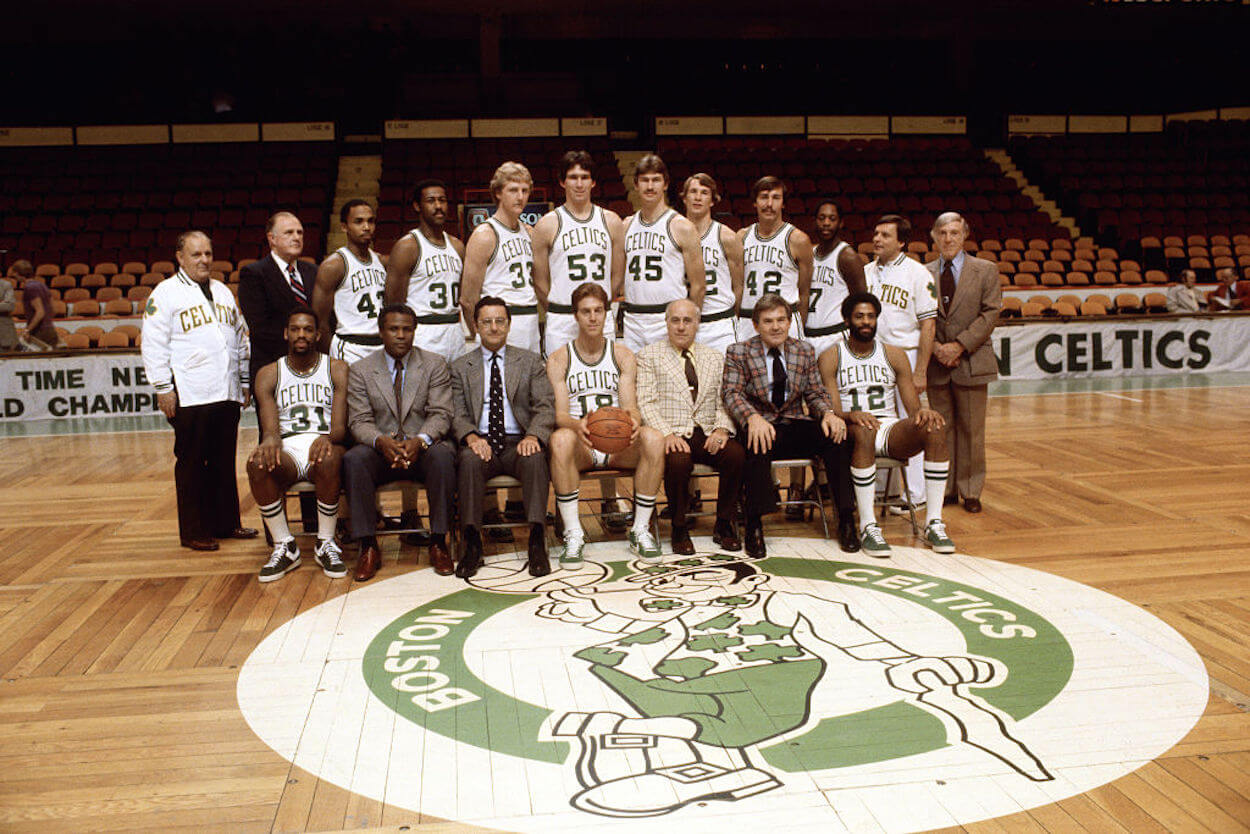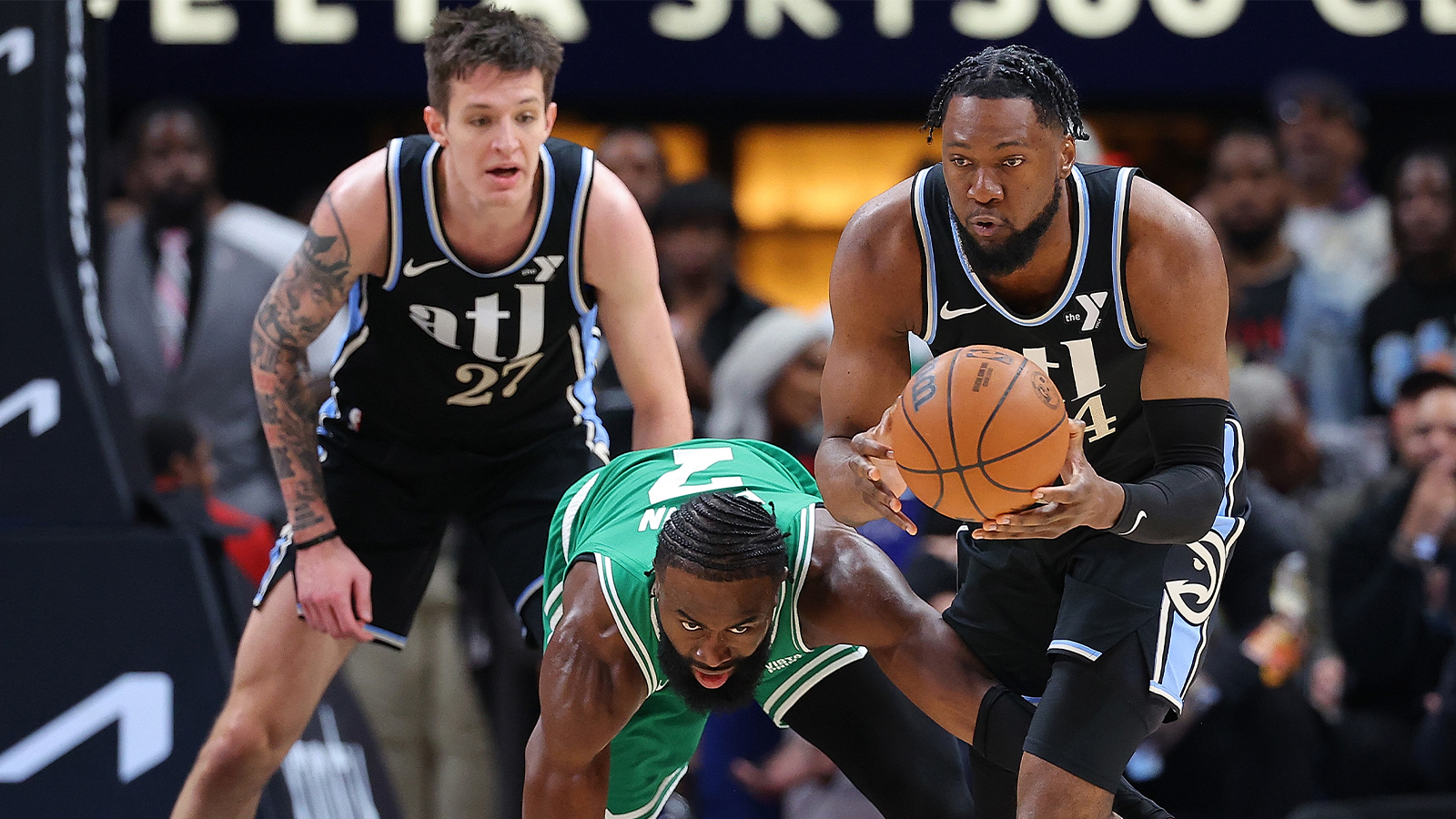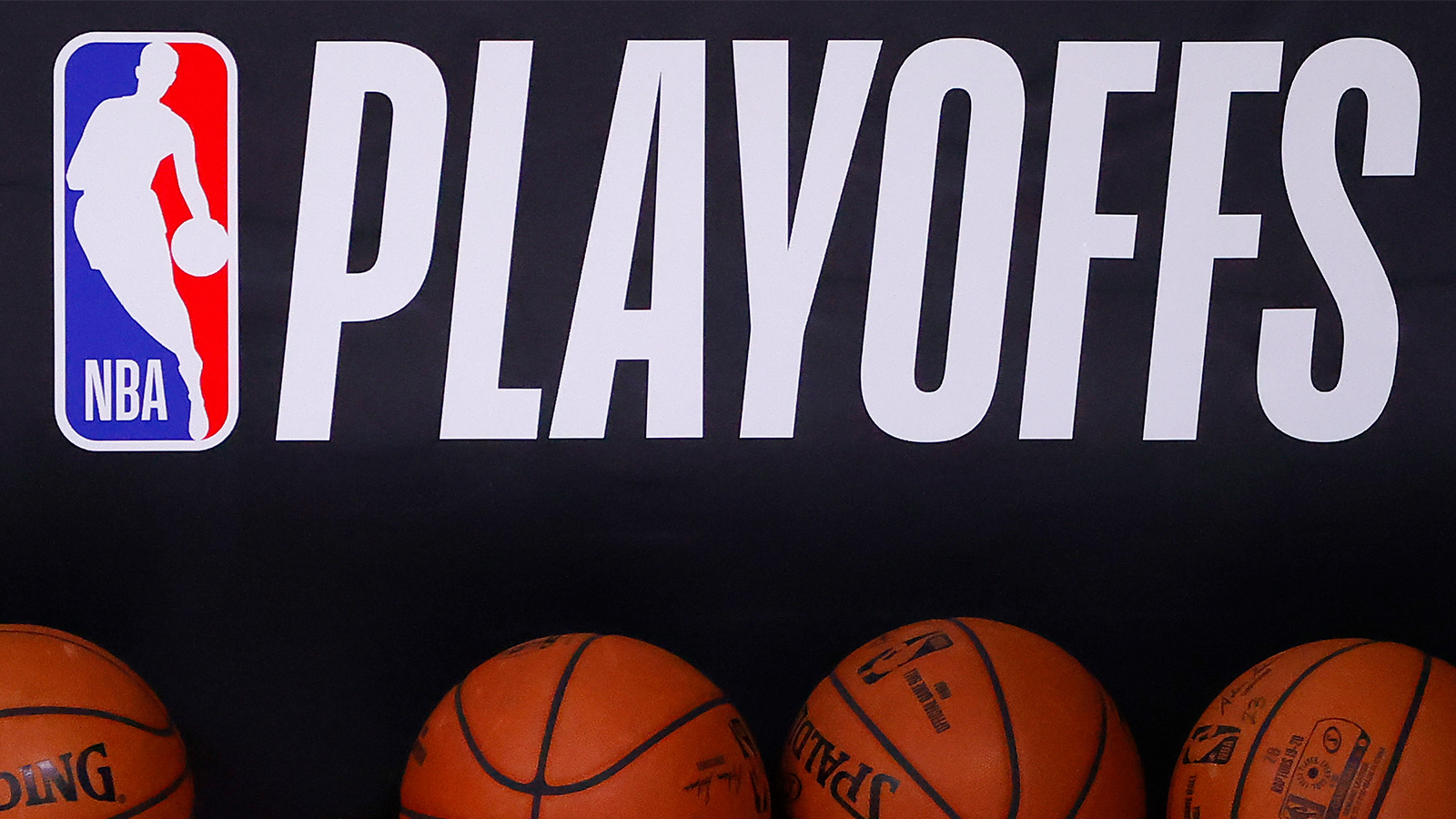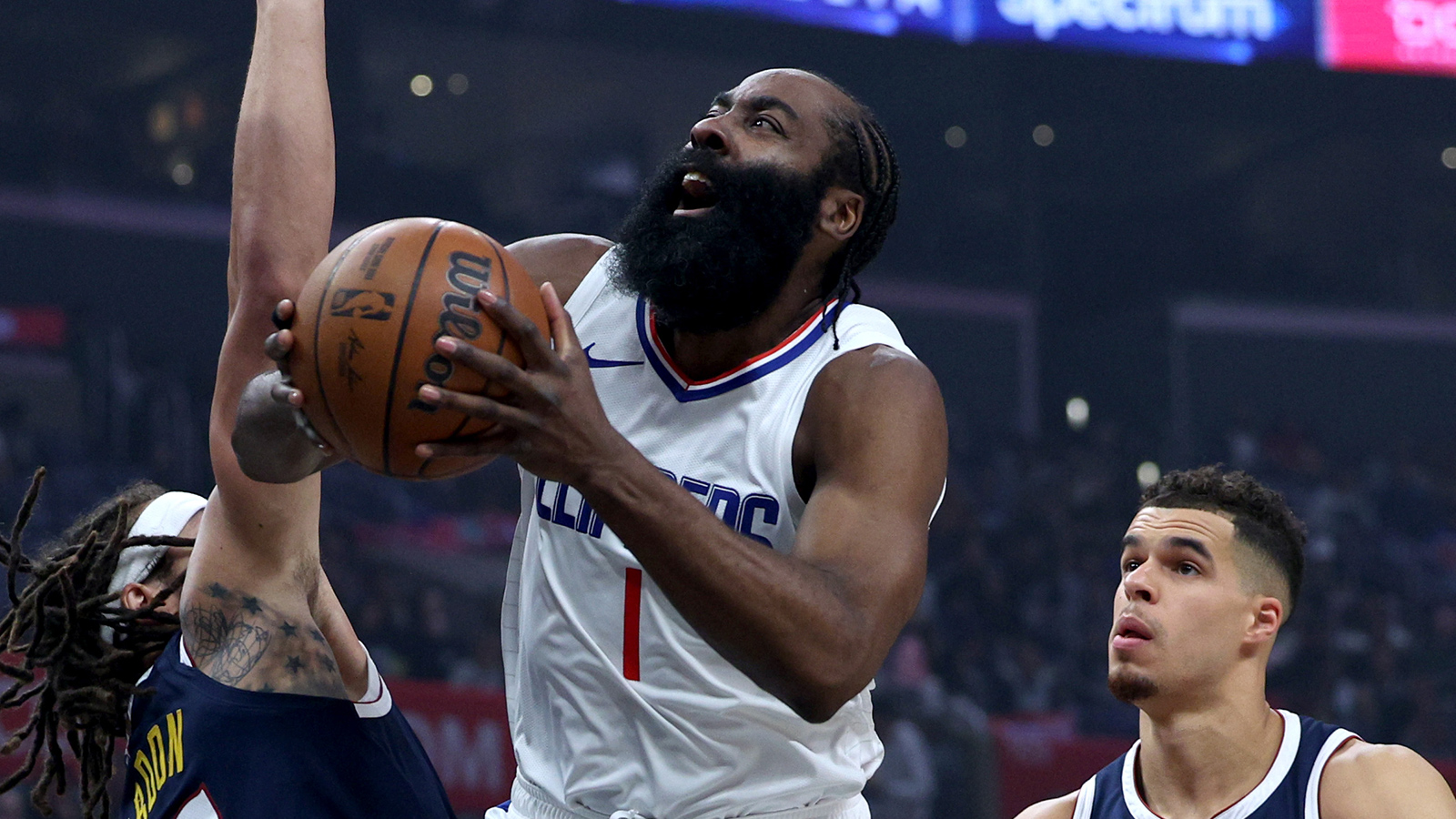
Cedric Maxwell Once Received an Undeserved Award Because of Red Auerbach’s Sense of Humor
While he might not have built up the same resume as the biggest NBA legends, Cedric Maxwell still had found more than his share of success on the basketball court. The big man played a key role in the Boston Celtics’ dominant 1980s and left the hardwood with plenty of silverware to his name.
Most basketball fans will be able to rattle off Cornbread’s success, like his two NBA titles and his 1981 NBA Finals MVP crown. But his Jack Barry Sportsmanship Award has been largely buried by the sands of time.
That is a shame because there’s quite the story behind that acknowledgment. Red Auerbach, it seems, had quite the sense of humor.
Let’s travel back in time and check it out.
Cedric Maxwell didn’t speak to the media all season, but Red Auerbach made sure he was honored by the Boston Globe
When you think of the old-school NBA, you probably imagine a time when players had a different sort of relationship with reporters. Social media didn’t exist, and athletes and the press would drink at the same bars, catch the same flights, and have a bit more in common. Long before Marshawn Lynch only showed up so that he didn’t get fined, though, Cedric Maxwell also tried to keep his distance.
In his book, Wish It Lasted Forever: Life With the Larry Bird Celtics, Dan Shaughnessy remembered his early days on the Boston beat. While he found most of the team to be affable, he noted early on that “Maxwell was off limits to everybody.”
That reality, however, didn’t prevent the big man from picking up an end-of-season award.
“Before the first playoff game, Maxwell received the Boston Globe’s Jack Barry Sportsmanship Award, “Shaughnessy explained. “Barry, who died in 1975, was a Globe lifer who covered the first days of the NBA and is credited with inventing the word turnover.”
Now, you might be wondering how Cornbread took home that title without really interacting with the media. Red Auerbach’s power, it seems, stretched beyond the limits of the Celtics organization.
“Auerbach was in charge of deciding who would get the award — presented to a media-friendly player — and thought it would be amusing to give it to Maxwell after the season in which Max did not talk to the press,” Shaughnessy added.
Say what you will about the Celtics, but the big boss certainly had a sense of humor.
Maxwell has since moved into the media, placing the shoe on the other foot
In complete fairness to Cedric Maxwell, Shaughnessy didn’t portray him as negative or standoffish. The forward was depicted as being present, ribbing his teammates, and taking part in everything, albeit without speaking to the media. He was also quoted in the book, with those comments presumably coming after the fact.
These days, though, the shoe is on the other foot. Maxwell isn’t the one denying media requests; he’s the one making them (although he’s probably not personally sending out the emails).
The former forward has spent many years on Boston radio and, more recently, has taken his talents into podcasting. There, Cornbread isn’t shy about sharing his takes on a variety of basketball topics, which is quite the change from refusing to speak to reporters for an entire season.
So, what can we take away from that difference? The most logical reading would be that people change over time. You could also draw a conclusion about the stresses that professional athletes are under and be a bit more sympathetic to those who don’t want to talk to the media.
At the same time, though, it’s also possible that Red Auerbach’s talent-identification skills went beyond basketball. Sure, podcasts didn’t exist at the time, but maybe he knew that Cedric Maxwell would be a natural behind the microphone.
Would you really doubt the man behind the Celtics dynasty?



